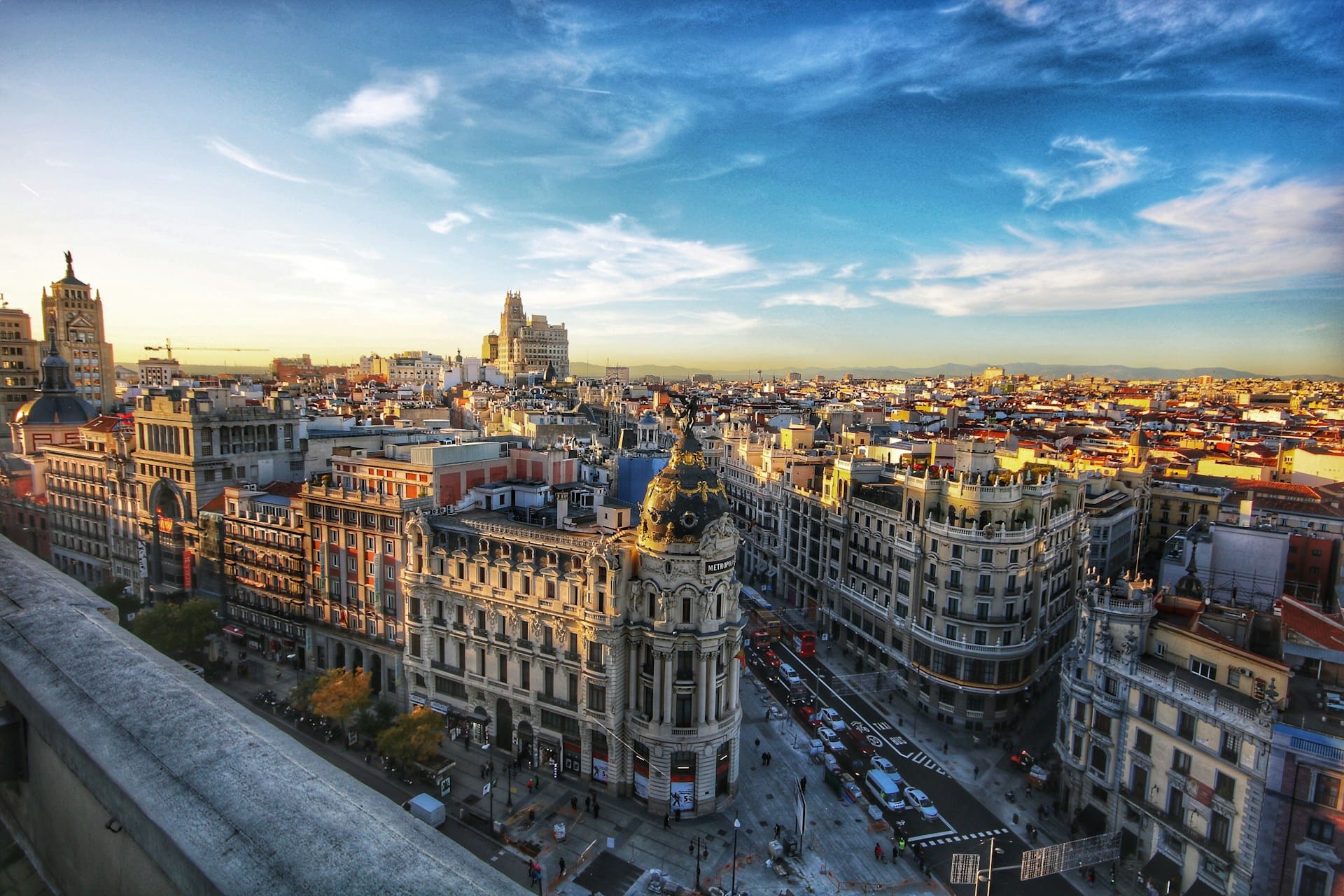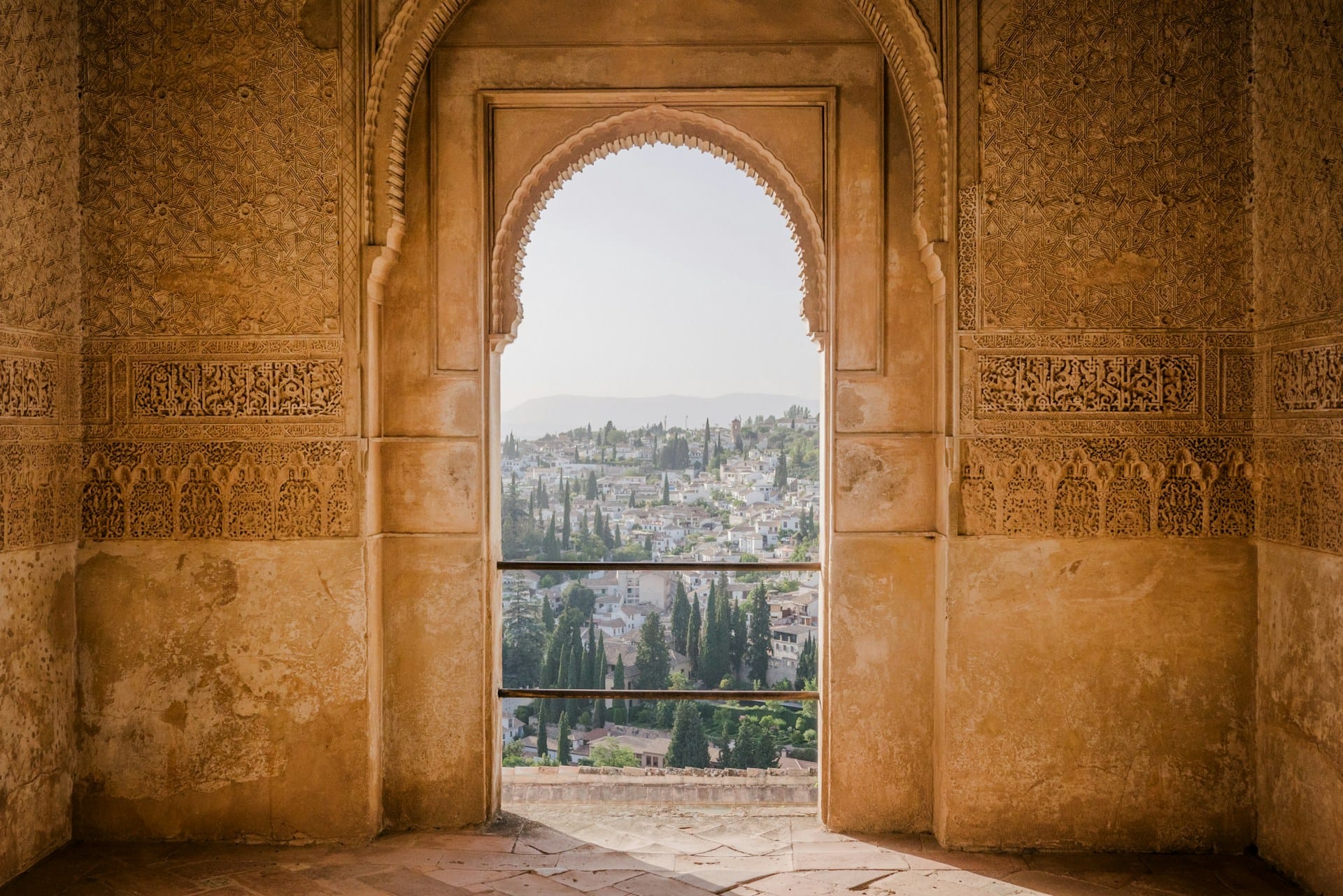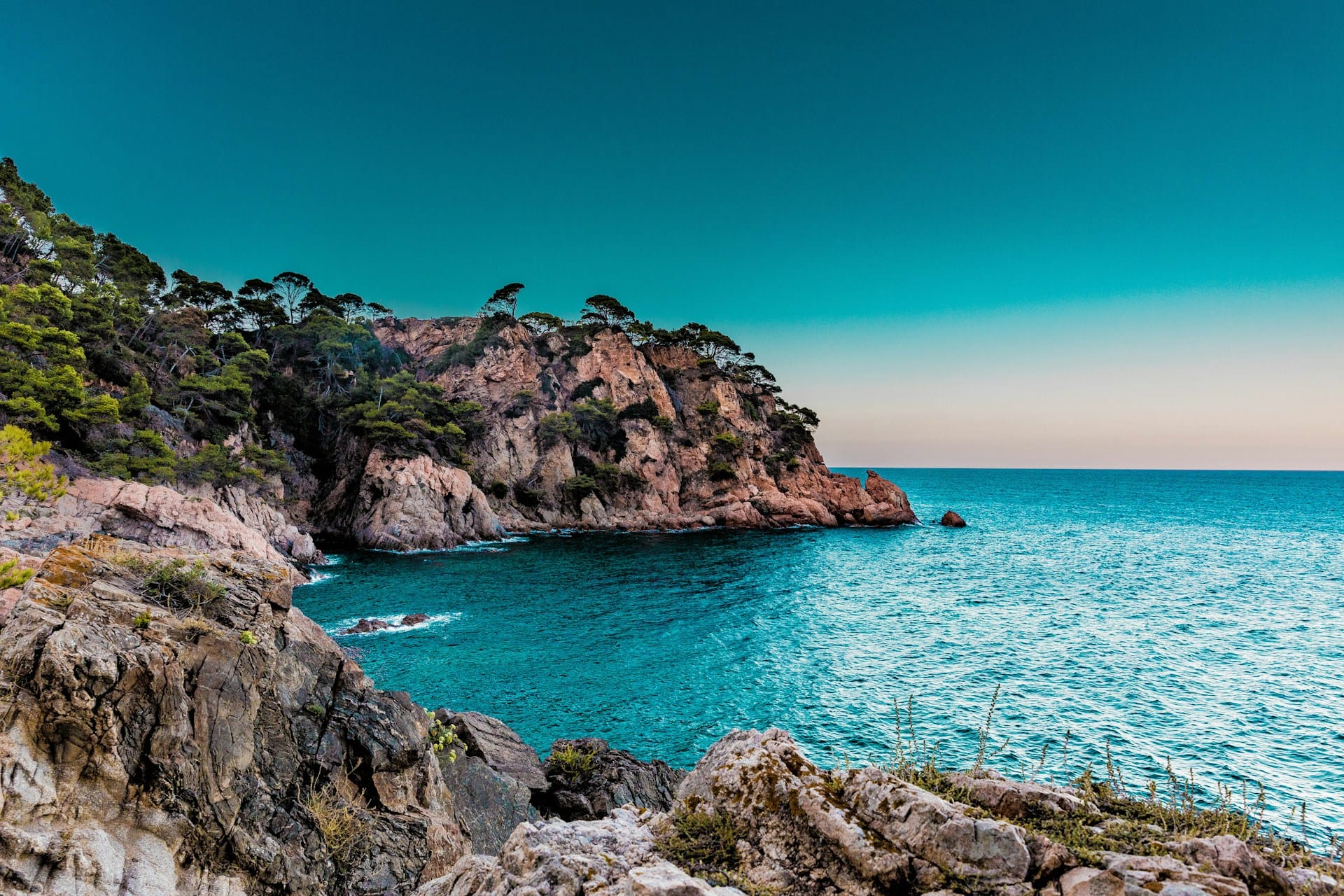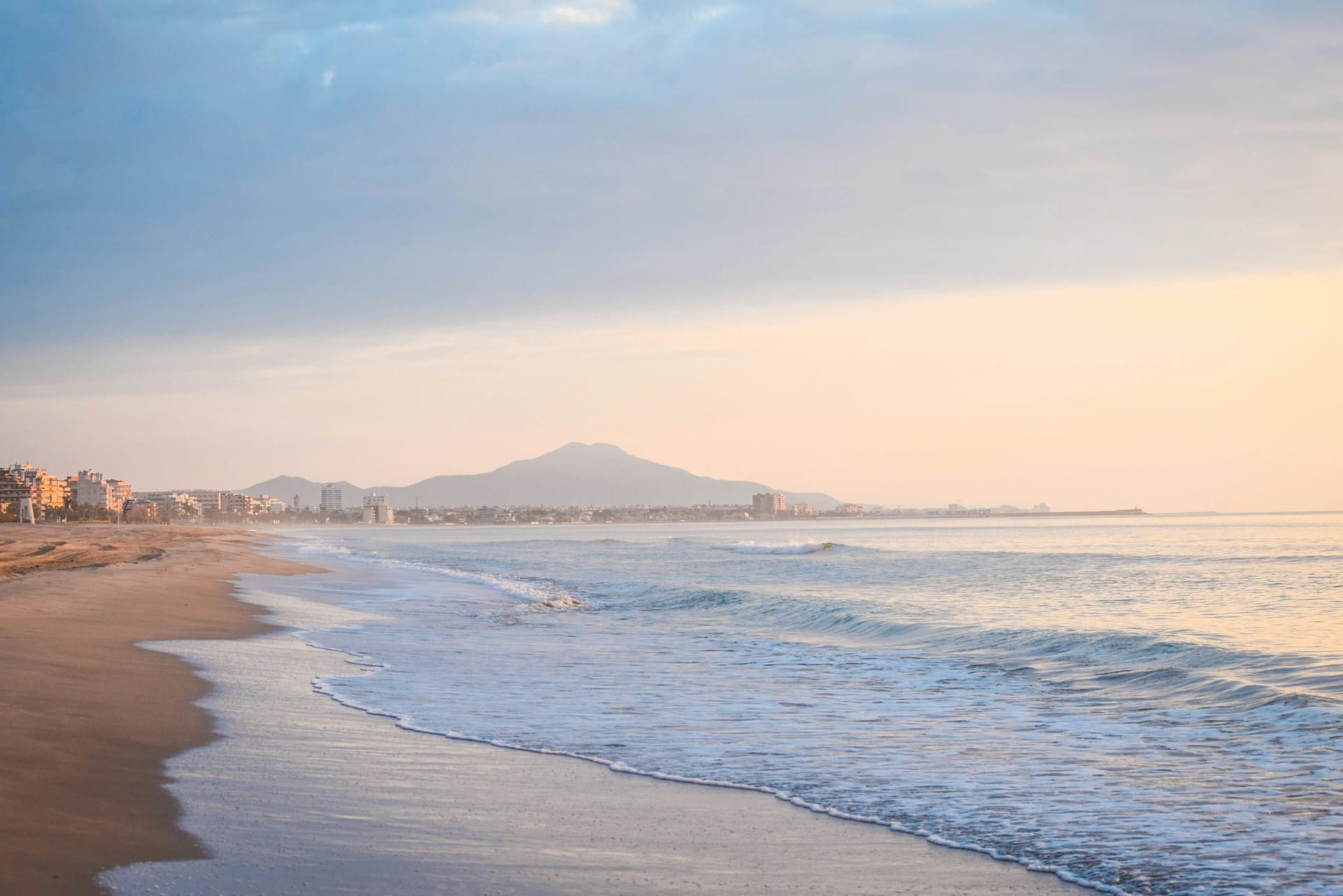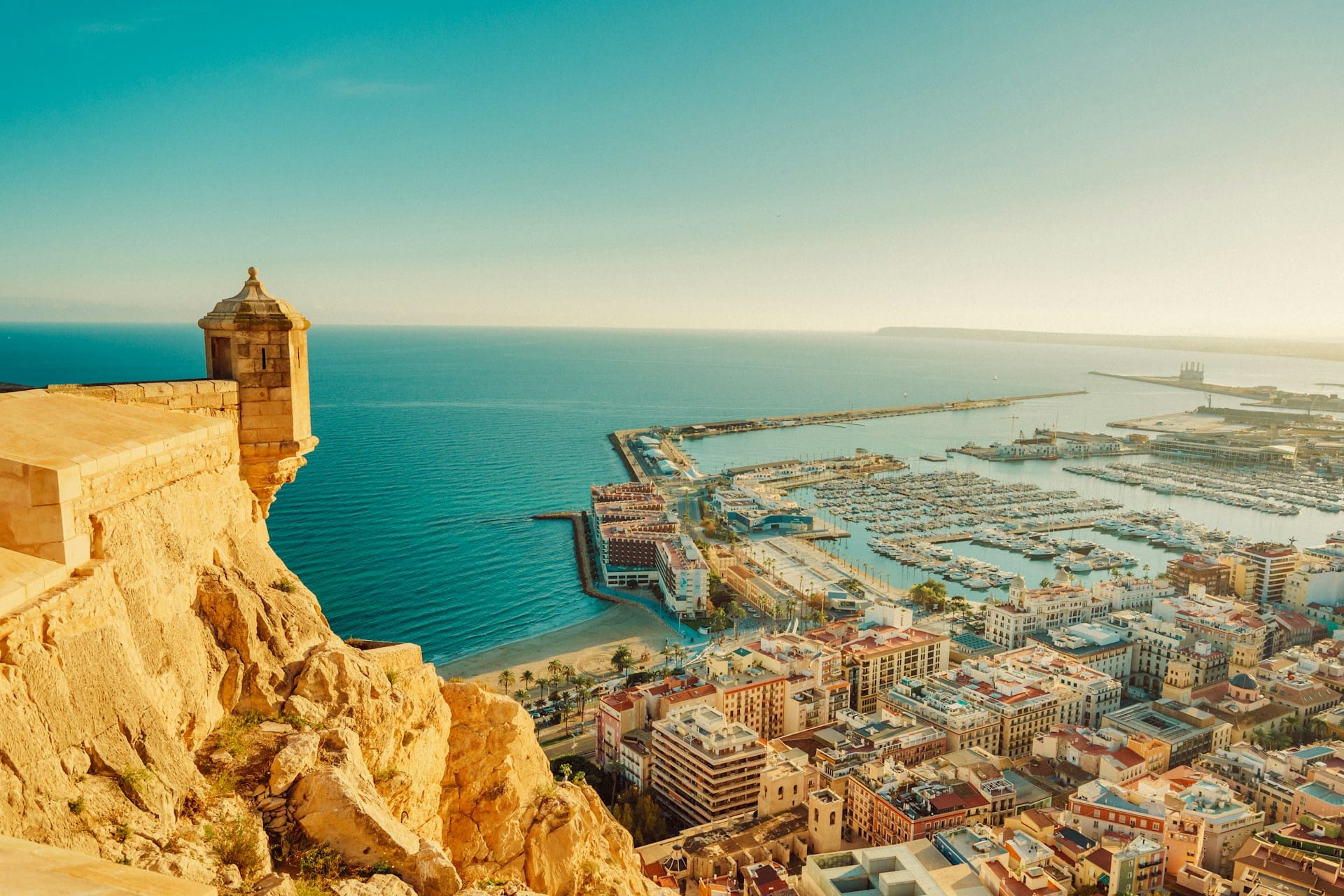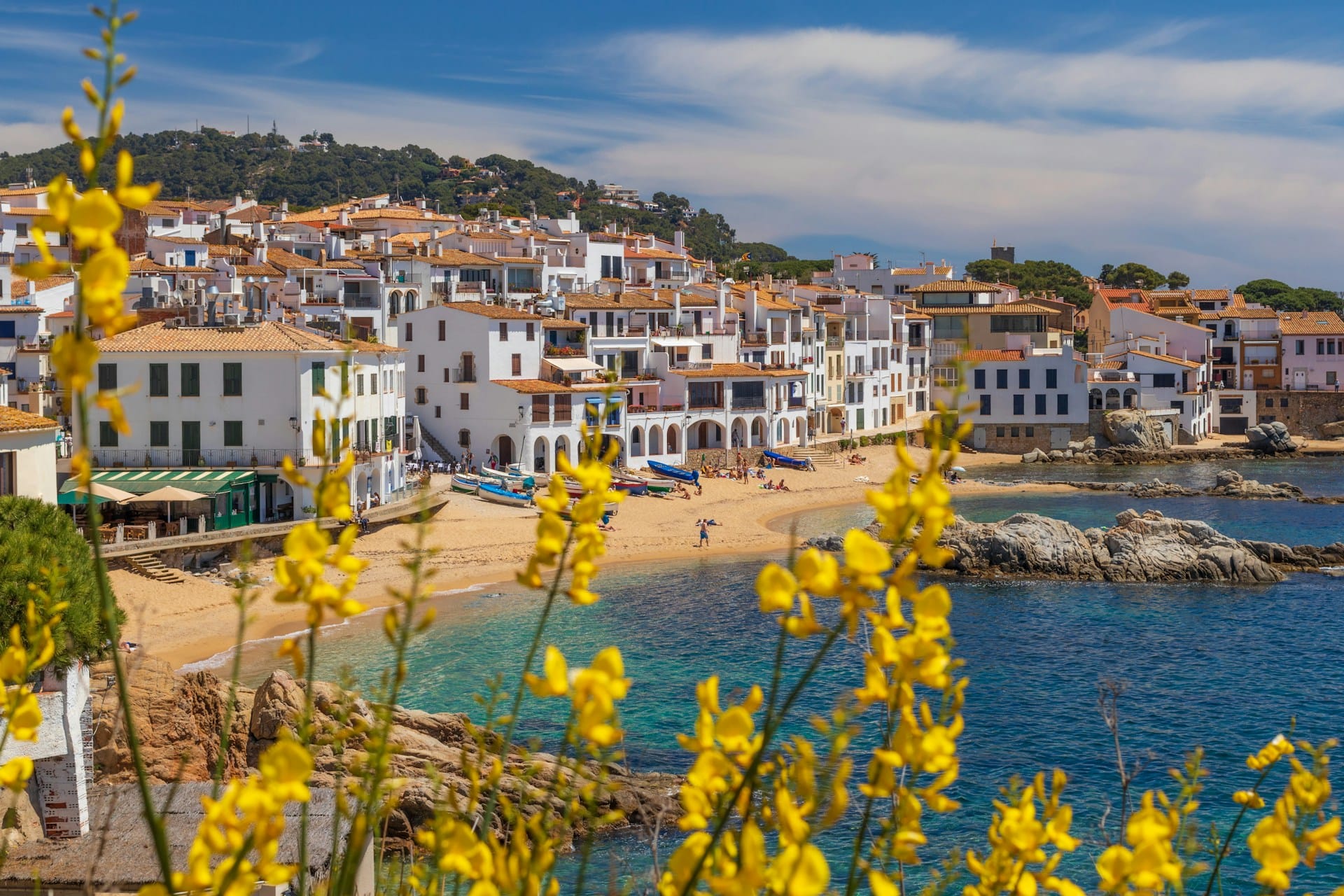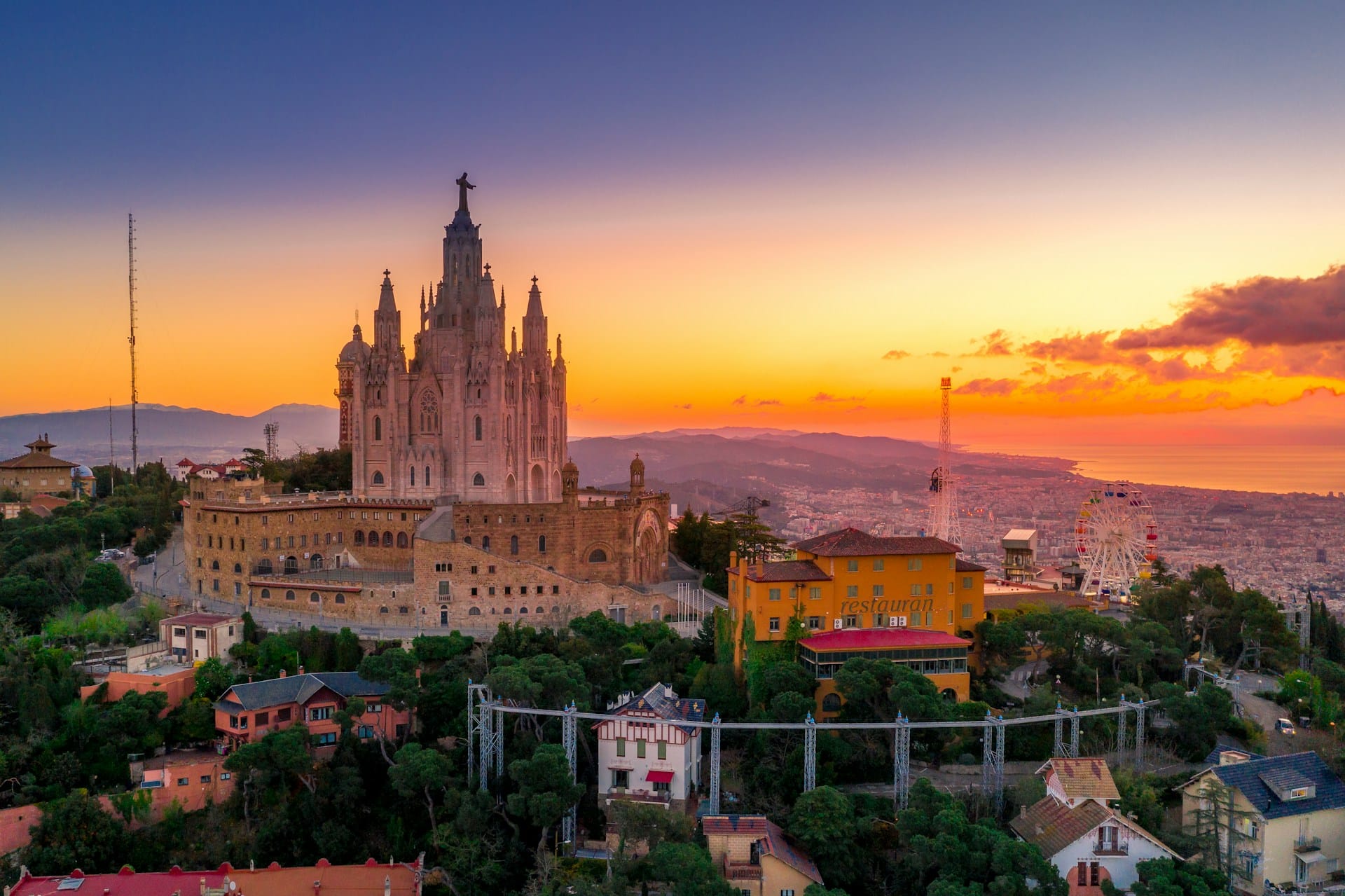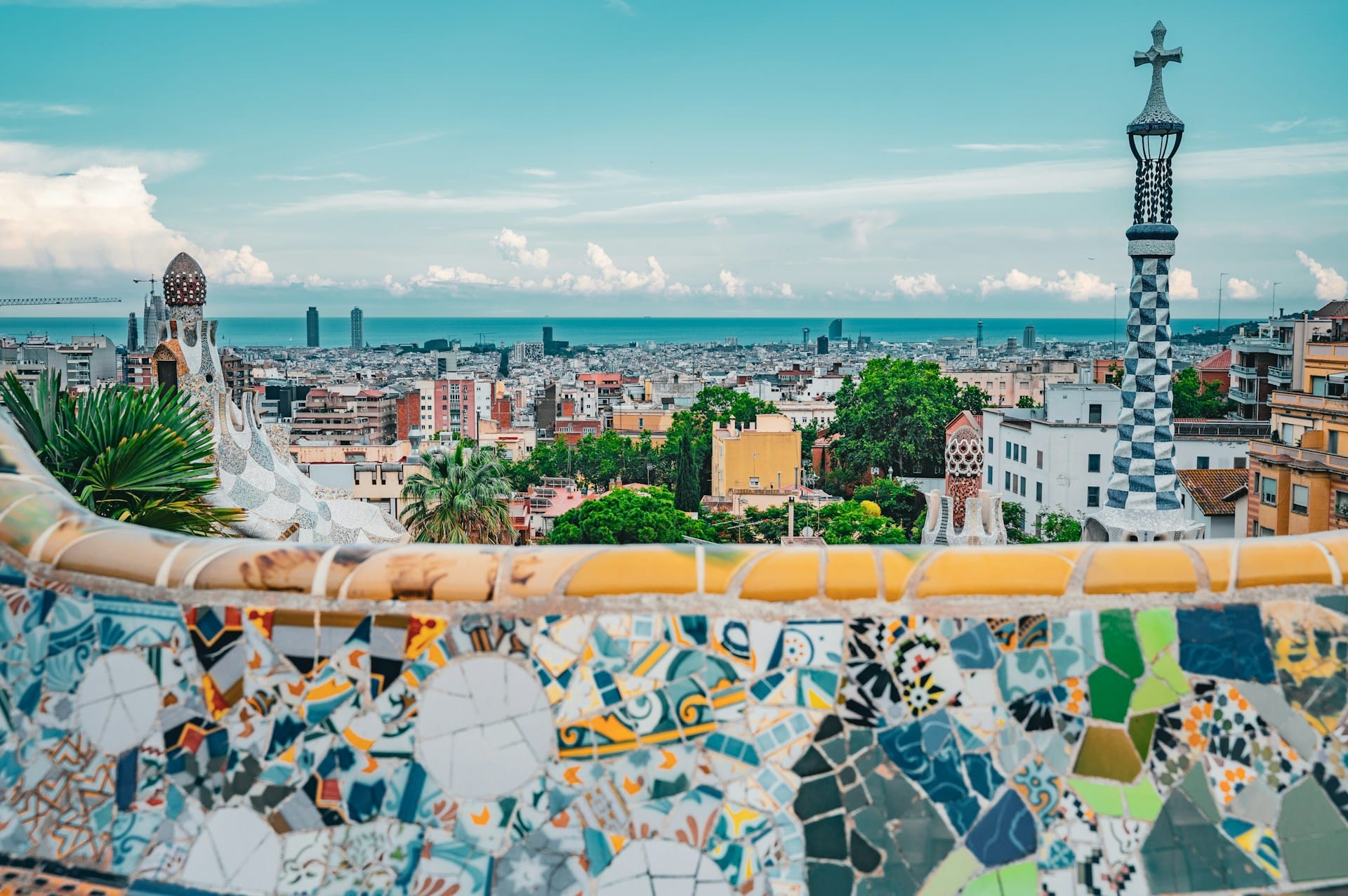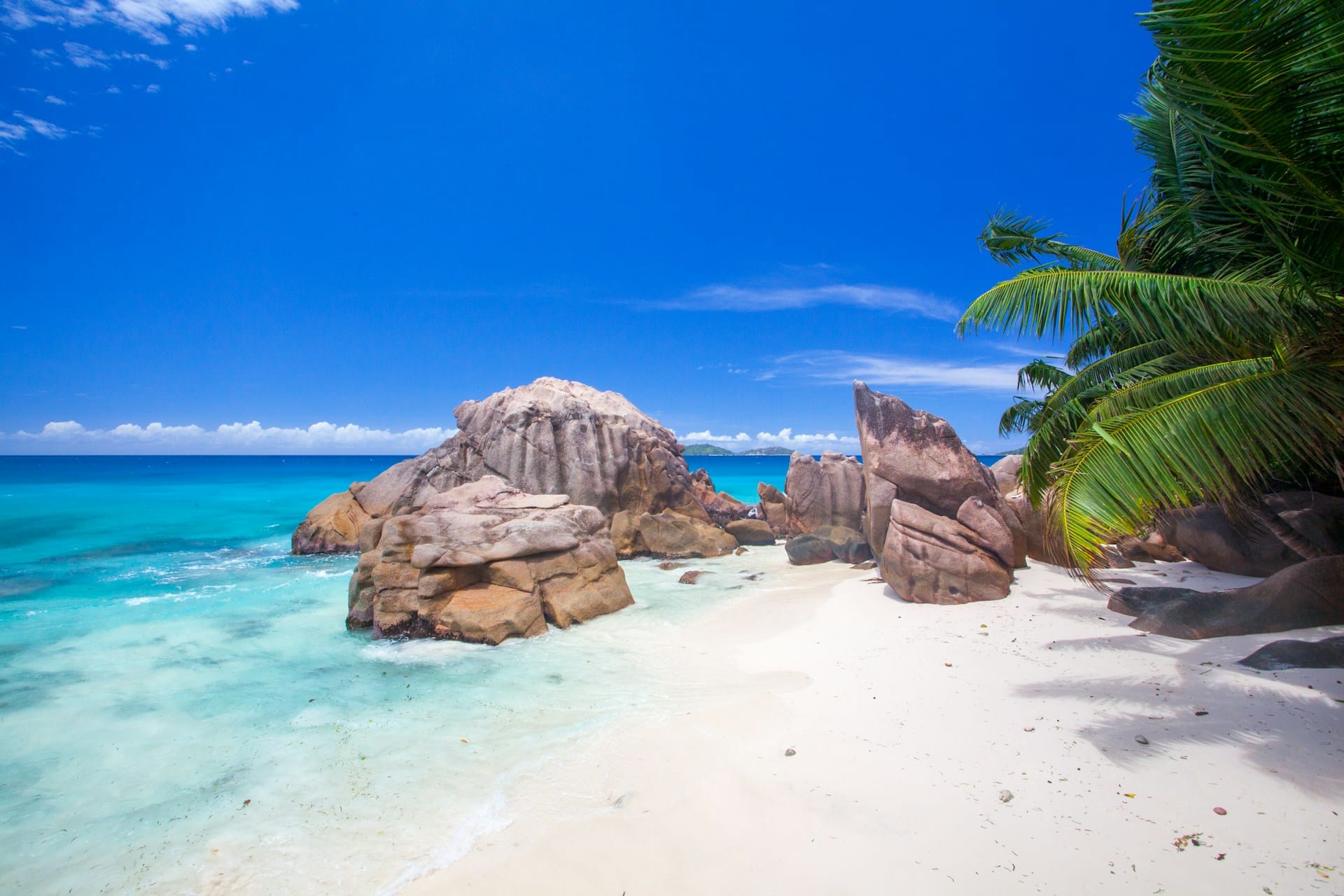
Spain Travel Guide
Spain is a diverse country sharing the Iberian Peninsula with Portugal at the western end of the Mediterranean Sea. Spain also includes the Balearic Islands in the Mediterranean Sea, the Canary Islands in the Atlantic Ocean and a number of uninhabited islands on the Mediterranean side of the Strait of Gibraltar, known as Plazas de soberana, such as the Chafarine islands, the isle of Alborn, Alhucemas, and the tiny Isla Perejil.
Spain is a pleasant surprise to those who only know its reputation for great beach holidays, as it is a country with a culturally diverse heritage, having been influenced by many nations and peoples throughout its history. Spanish culture has its origins in the Iberian, Celtiberian, Latin, Visigothic, Roman Catholic, and Islamic cultures. Spain is made up from a varied terrain; there is everything from lush meadows and snowy mountains to huge marshes and deserts in the south east.
Today, the climate of Spain, historical and cultural monuments and its geographic position together with its facilities make tourism one of its main national industries and a large source of stable employment and development. During the last four decades the Spanish tourism industry has grown to become the second biggest in the world, worth approximately 40 billion Euros.
With great beaches, fun nightlife, many cultural regions and historic cities, Spain makes a great destination for any kind of trip. Aside from offering over 5,000 miles of coastline, much of which is graced with beautiful beaches, Spain is the country with the second–largest number of UNESCO World Heritage Sites, after Italy, and the largest number of World Heritage Cities. Among many places worth visiting are Spain's thriving capital Madrid, the vibrant coastal city of Barcelona, the famous "Running of the Bulls" at Pamplona, major Andalucian cities with Islamic architecture, like Seville, Granada and Crdoba, the Way of St. James and the idyllic Balearic and Canary Islands.
There are many other attributes attracting visitors to Spain, aside from its historic cities, cultural sites and stunning coastal towns, Spain is home to numerous festivals, which draw tourists from all over the world. From solemn religious processions to massive tomato fights, clamouring bull runs and chaotic pyrotechnics, Spain boasts a jam–packed cultural calendar of some of the world's most unique festivals
Cities to visit
Spain has a number of interesting places to visit, including:
- Madrid - Spains vibrant capital, home to fantastic museums, interesting architecture, great food and nightlife.
- Barcelona - Spain's second city, home to the vast majority of Antoni Gaudis work including one of Spains most visited monuments the Sagrada Familia, modernist buildings and a vibrant cultural life, nightclubs, and beaches.
- Bilbao - Primarily an industrial city, home to the Guggenheim Museum one of the most admired works of contemporary architecture.
- Cadiz - oldest city in Western Europe with nearly 4,000 years of history, celebrates a famous carnival.
- Cordoba - The Grand Mosque ('Mezquita') of Cordoba is one of the world's finest buildings
- Granada - stunning city in the south, surrounded by snow capped mountains of the Sierra Nevada, home to the 14th Century Moorish palace and fortress, La Alhambra.
- Seville - A beautiful, verdant city and home to the world's third largest cathedral.
- Valencia - Valencia is renowned for being the birthplace of Paella.
